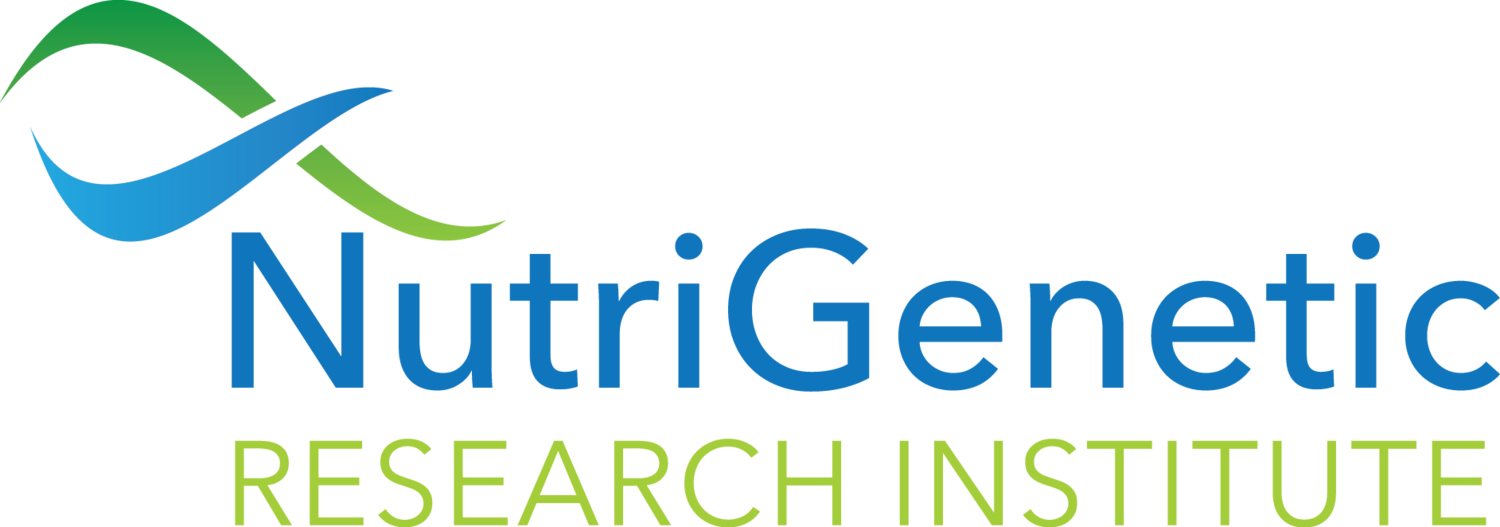The NutriGenetic Research Institute is a private organization founded in 2015 to research the relationship between environmental and other epigenetic factors and individual’s genetics. We research peer reviewed literature to educate health professionals about nutrition. The growing research team currently includes a functional medicine physician, a holistic nutrition consultant, and a health coach.
About DNA Testing
The advancement in DNA testing and measuring not only helps you learn about your ancestry, but also has supported the emergence of a new scientific approach to wellness. Once thought to be rare, everyone has some level of genetic variation in their DNA. This genetic variation may impact your ability to make and use different nutrients critical for digestion, detoxification, tolerance to gluten, blood sugar regulation, mitochondrial function, free radical production/premature aging, master antioxidant production and much more.
Why do these variations occur? Genes are passed from parent to child with each and every cell containing a set of genetic instructions. When an existing cell divides to make a new cell, it copies its set of genetic instructions. However, sometimes these instructions are copied incorrectly, like a typo, which leads to variations in the DNA sequence. This is called a single nucleotide polymorphism or SNP (pronounced “snip”).
What does this mean to me and my health? Most SNPs do not cause any observable differences. But the location and total number of SNPs a person has may influence their susceptibility to health issues or impact how they react to certain drugs or even specific foods. By employing scientific studies, our research team is on the cutting edge of gene research. Our researchers have implicated the presence of free radicals and oxidative stress as the root cause of health challenges. Your body naturally produces all of these agents, but genetic variations can cause you to have too much of them. When out of balance, they can cause cellular damage, inflammation and the formation of toxins, leading to slower rebuilding and repair of cells and ultimately faster aging. To compensate for these free radicals, your body makes antioxidants to rebuild and repair damaged cells. But your inherited genetic issues may inhibit you from making enough antioxidants, cause you to produce too many oxidants, and suppress your ability to support cell repair, which can negatively impact your health.
If you are interested in learning more about your own unique DNA and participating in future NutriGenetic Research Institute studies, we utilize data from the Your Genomic Resource DNA test kit.

